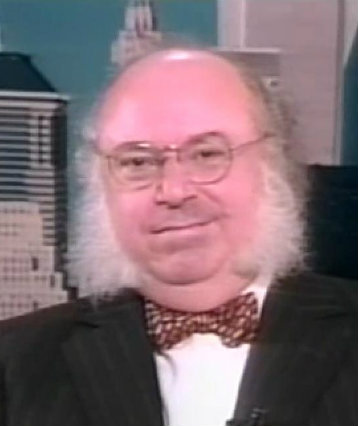Introduction
This selection is taken from the first of two essays on the centrality of George Washington in American history, written by American author and editor Myron Magnet (b. 1944) and published in 2012 in City Journal. It deals with Washington’s career as commander in chief of the Continental Army, from the beginning to the end of the Revolutionary War. The discussion questions about the text are grouped by theme and coincide with the order of the essay:
Commander in Chief
When Washington was selected as the commander in chief of the American armies in 1775, he was the first ever to hold that position. When America declared its independence the following year, his position took on even greater weight as he not only had to equip an army to fight against a world superpower, but he also had to convince others—both Americans and those in other nations whose support the Continentals dearly needed—that the American cause was just and that victory was possible. How, according to Magnet, do these responsibilities affect Washington’s actions? What challenges did he face? How did he try to fulfill both his political and military roles as commander in chief?
Boston and New York
From what Magnet provides, describe the Boston and New York campaigns. What were Washington’s goals? Why did he choose to defend a city he knew was indefensible—and would later lose anyway? What mistakes did he make, and what realizations came with them? Describe the men whom Washington commanded. How do they differ from the British forces they were fighting? Do they reflect something particularly American?
Valley Forge
What lessons did Washington learn from his defeat at New York? Why did he consider it so important to “win hearts and minds”? Describe the state of Washington’s army. What would it have been like to be a soldier following General Washington? Is there anything that would have kept you in the army after your enlistment ran up at the end of the year?
The American Crisis
Describe Washington’s famous crossing of the Delaware. Why was it so important to Washington that he strike a victory when he did? If you were a soldier with Washington, what do you think the victory would have meant to you? Would it change how you felt about your commander? Did it change how Washington felt about the men he led?
A Leader Out Front
Throughout Magnet’s account, he describes how Washington’s men were inspired by their leader. Describe, using examples from the text, ways in which Washington inspired his men. Is this how and “when George Washington became great”?



Post a Comment